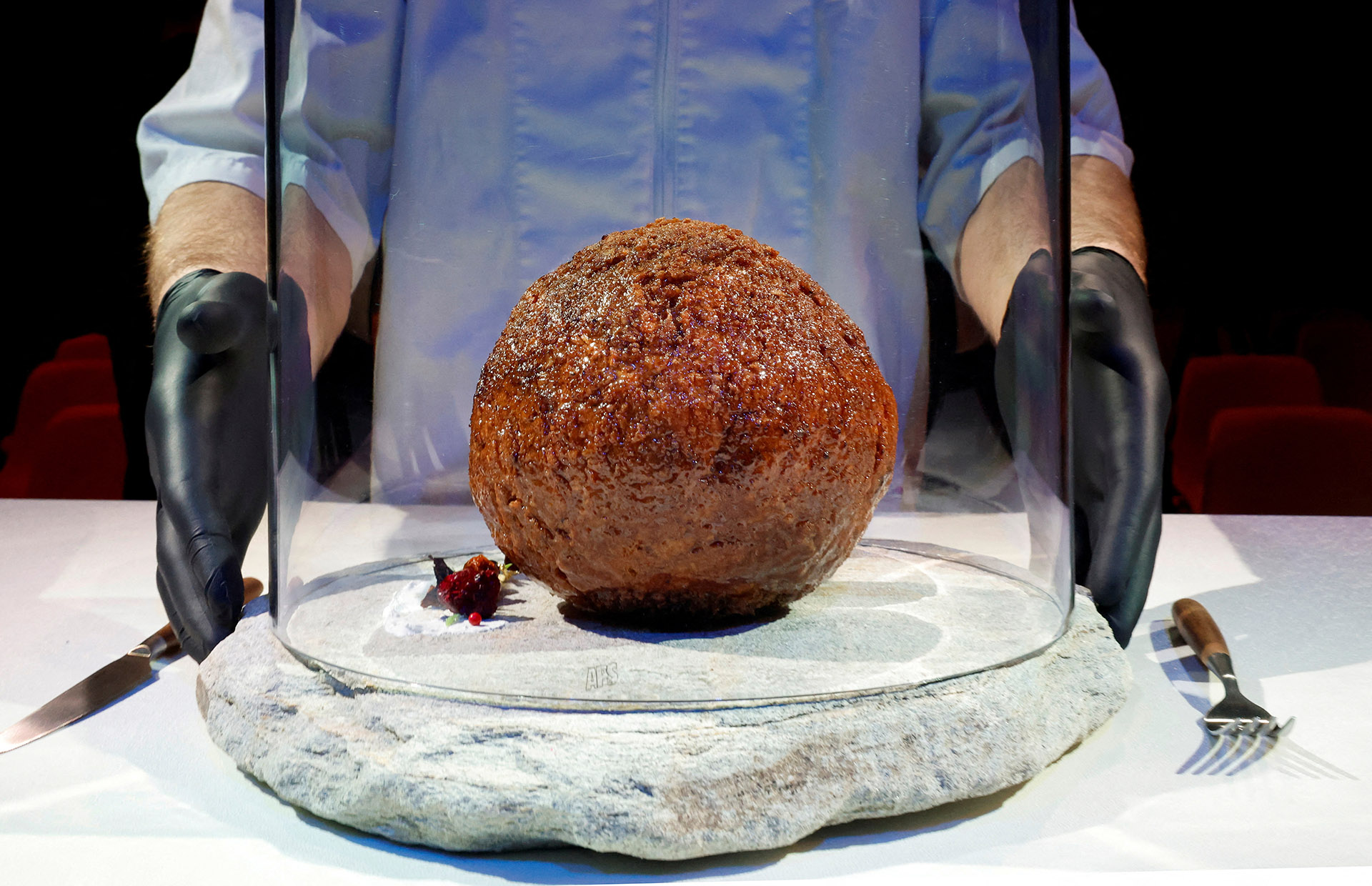Meat production has come a long way since humans first started hunting animals for food. Today, the meat industry is undergoing yet another transformation as new technologies emerge. From 3D printed soy burgers to creating meat from scratch in the lab, there are many ways that meat is being produced and consumed in the 21st century.
The process for making lab-grown (or, in vitro) meat usually starts with cells taken from a living animal, which are then immersed in nutrients and grown into meat in a lab. In this case, the mammoth genes were inserted into a sheep cell, and the mammoth gene was overexpressed so it would be more prevalent in the final product than the sheep.
No one has tasted the mammoth meat, as it is 4,000 years old and would need to go through rigorous testing before it could be brought to market. The startup chose meat from an extinct animal to get people talking and to show that new technology means that the food we eat doesn't have to replicate what we've had before. It can be more exciting and have better flavor and nutrition profiles. The mammoth meatball is a provocative example of how lab-grown meat can offer new and exciting possibilities for the future of food.
In vitro meat is seen as a potential solution to sustainability issues associated with animal production, which may have trade-offs in various environmental aspects, food security, and animal welfare. More than 75 companies around the world are working on developing in vitro meat products, and Singapore is the only country that has approved the sale of cultured meat.
In the US, companies that have been cleared by the FDA need approval from the US Department of Agriculture before they can sell their products. The USDA has not shared any kind of timetable on when in vitro meat products might be cleared for sale in the US.
Next Nature has also been exploring in vitro meat space since 2011. We created the world’s first In Vitro Meat Cookbook in 2014, launched the speculative restaurant Bistro In Vitro (taking reservations from 2028) and presented a petition in 2018 to the Dutch Parliament to promote the consumption of in vitro meat as a sustainable alternative to traditional meat.
This fall, we will open a new exhibition SPACE FARMING, about the future of food, at the Evoluon. Sign up for our newsletter and stay in the know!

Share your thoughts and join the technology debate!
Be the first to comment